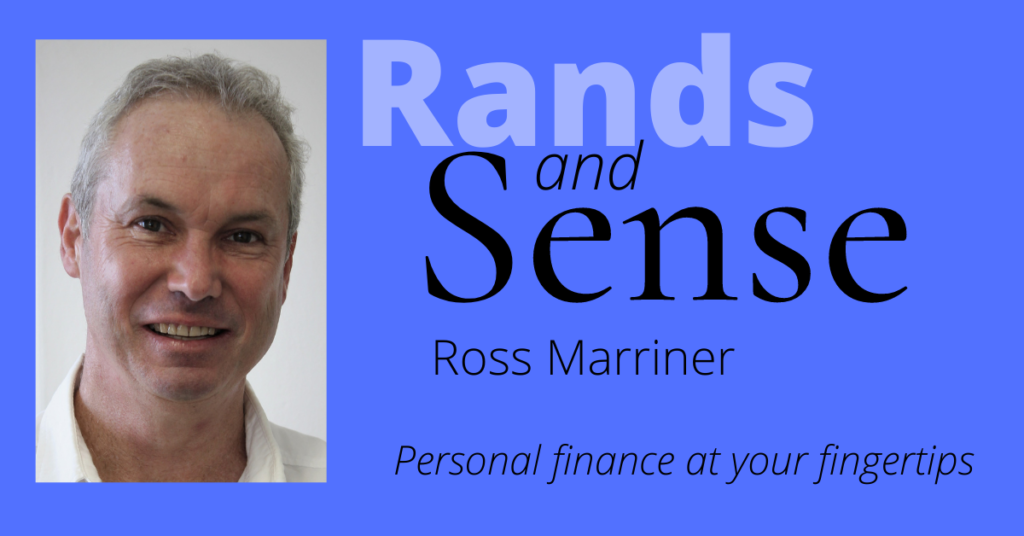By Ross Marriner
Your estate is made up of all your assets and liabilities at the time of your death. Effective estate planning involves ensuring that your estate is optimally structured and managed during your lifetime. By doing so, you will hopefully be able to achieve the goals that you have set for yourself and, if possible, provide a financial legacy for your loved ones.
There are many important considerations to bear in mind when finalising your estate plan. First is the drafting of your legacy documents. It is vital that documents such as your will are appropriately drafted and are valid and that they are fully aligned with how you wish your estate to be administered in the event of your death. Unless you have an extremely simple estate, it is usually advisable to seek the assistance of someone with a legal background to ensure that your documents are correct and legally sound.
Second, is the nomination of your beneficiaries. Instead of being a once-off exercise, this is something that you should review and update on a regular basis as your personal and financial circumstances change. For example, while your children are minors, they may not be legally capable of inheriting investments directly. If this is the case, you may want to plan for the establishment of a testamentary trust as part of your will.
The third is to reduce potential taxation. When you pass away, your estate will have to be wound up by your Executor and your net assets and belongings distributed to your nominated beneficiaries. Estate duty is a tax levied by the government on the value of your estate before any distributions are made. This form of tax is calculated as a percentage of the net assets of your estate, over and above a certain threshold. Some investment products fall outside of the estate duty net and can be effectively used for estate planning purposes.
Fourth is liquidity. Estate Duty and Capital Gains Tax can significantly reduce the amount which will eventually be distributed to your beneficiaries. It is vital that you understand and plan for the potential impact that these taxes will have on your estate. You should make provision for sufficient liquidity in your estate to meet these costs. If assets such as property, business interests or a valuable collection such as vintage cars or paintings make up a significant component of your net assets, then it is important for you to have other investments which can easily be liquidated in order to cover potential death duties. Alternatively, you could have a life assurance policy that will pay out in the event of your death. It would be unfortunate if some of your assets would have to be sold for less than their value should cash be required in your estate to cover death duties.
A combination of an experienced Certified Financial Planner® and a fiduciary practitioner will be able to assist you to ensure that your estate is correctly structured, that your loved ones are protected and that you avoid paying more death duties than is absolutely necessary.
Rands and Sense is a monthly column, written by
Ross Marriner, a CERTIFIED FINANCIAL PLANNER® with PSG Wealth.
His Financial Planning Office number is 046 622 2891


